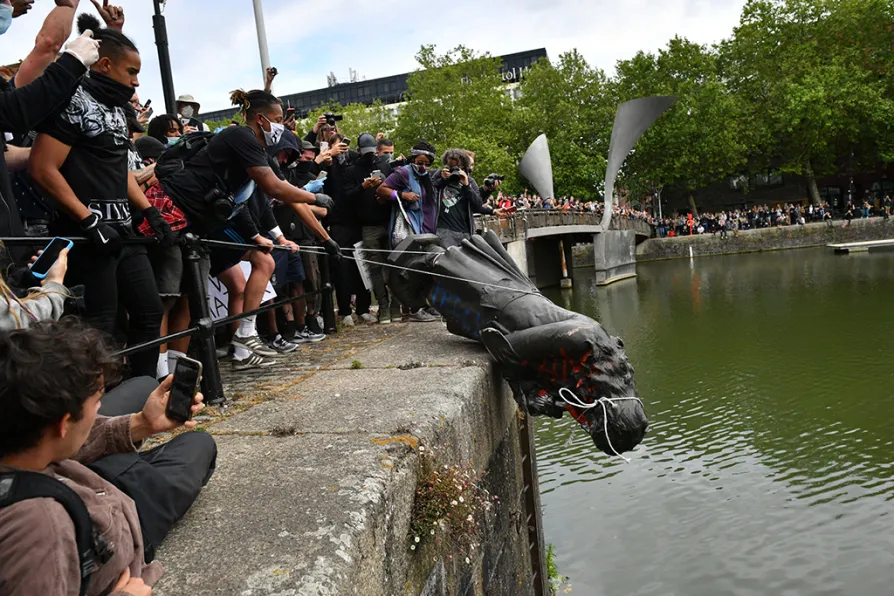Labour prospects in May elections may be irrevocably damaged by Birmingham Council’s costly refusal to settle the year-long dispute, warns STEVE WRIGHT
The Colston Four, the jury system and the rule of law
Juries have been annoying governments since the 17th century. KEITH FLETT takes a look


ON JANUARY 5 the Colston Four were acquitted at Bristol Crown Court. They had been accused of criminal damage, being part of the crowd who toppled the statue of slaver Edward Colston in the City in June 2020 and dumped it in Bristol harbour.
They had admitted being there but claimed a defence of it being morally right to take down Colston.
By a majority verdict the jury agreed.
Similar stories

The heroism of the jury who defied prison and starvation conditions secured the absolute right of juries to deliver verdicts based on conscience — a convention which is now under attack, writes MAT COWARD

ANSELM ELDERGILL examines the government’s proposals to further limit the right of citizens to trial by jury












